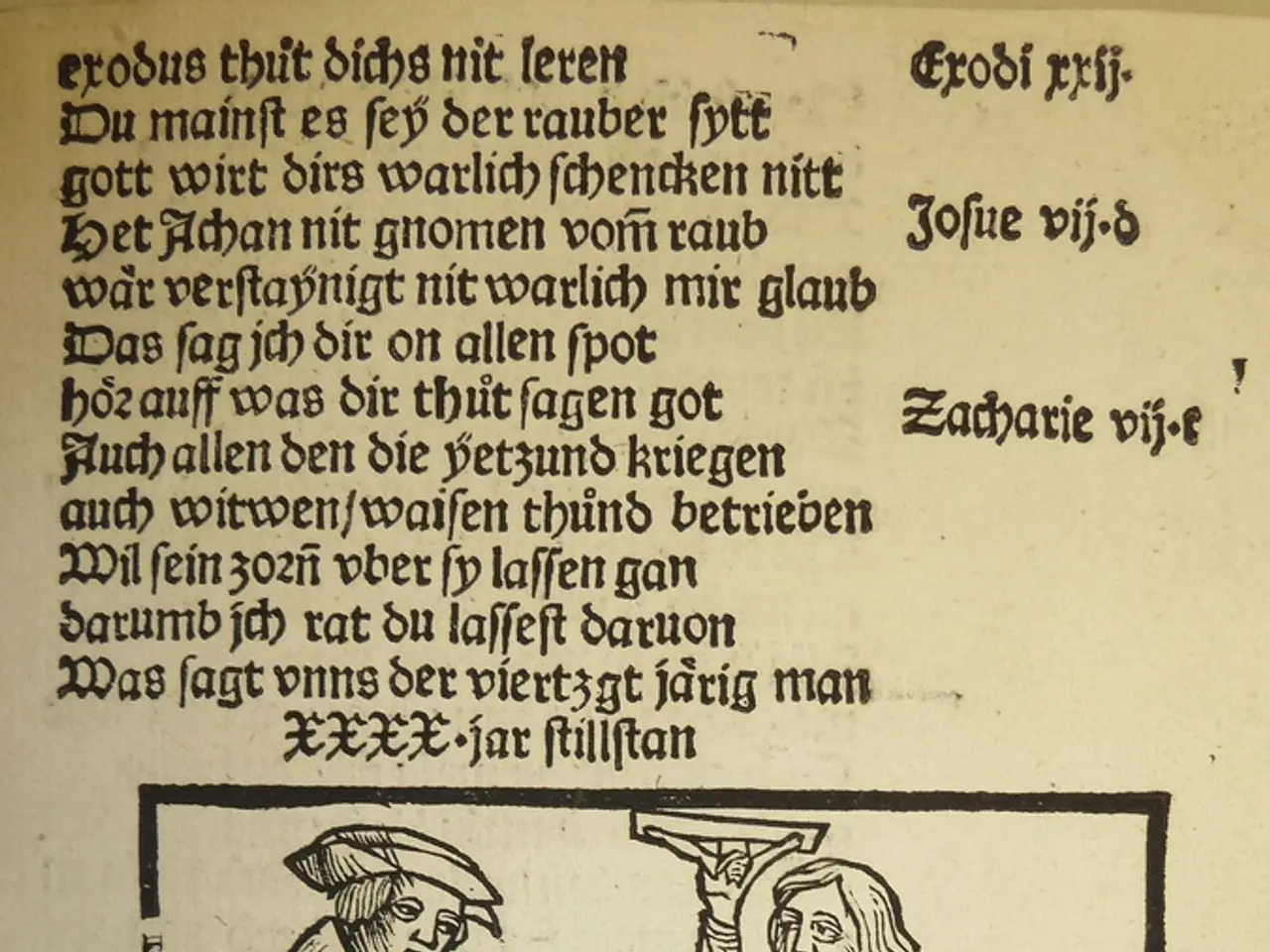Swedes names like Maja and Pelle linked to negative occurrences?
In Swedish language and culture, certain common names like Knutte, Maja, Pelle, and others have historically been used as stand-ins for "the average person." However, over time, these names have often developed negative or informal connotations in specific contexts, particularly when used in compound nouns or expressions.
Everyman or Generic Name Usage
The use of these names in sayings, jokes, or coined compound words stems from the tendency in language to use familiar first names to personify general categories, like "the common man." This usage, while seemingly innocent, can often portray characters as simple, unsophisticated, naive, or even troublesome.
Association with Negative Traits
The compounds or phrases involving these names often embody folly or undesired traits. For example, "Pelle" can be used in expressions to imply someone who is a bit naive or clumsy. Such names become shorthand for "a certain type of person" who might be ignorant or unsophisticated, lending a negative or informal slant.
Popular Culture and Folklore Influence
Swedish media, folklore, and humor have contributed to embedding these connotations by using these common names in stories or jokes where the character embodies folly or undesired traits. This usage reinforces associations between the names and certain negative or lower-status social qualities.
Compounding with Negative or Neutral Words
When fused in compound nouns, these names often pair with words carrying neutral or negative meanings, which further colors the overall impression. For instance, compounds like "Pellefant" (a playful elephant character but can sound informal) or "Knutte-kompis" might imply a buddy who’s a bit of a fool.
Examples of Compound Usage
- The female equivalent of a bollkalle is suggested as bollisa.
- A man who's considered a sleazebag, troublemaker, overly talkative, dirty, indecisive, sloppy, and possibly a heavy drinker is referred to as a snuskpelle, strulpelle, snackepelle, smutspelle, velpelle, slarvpelle, and vingelpelle respectively.
- A girl who is considered a cry baby is sometimes called a piplisa.
- A girl who's engaged in mindless fun and mild mischief can be referred to as a tokfia.
- A female trainee who's becoming ever more adept at distributing sandwiches is referred to as a smörgåsnissa.
- A male cry baby is referred to as a grinolle.
- A female parking attendant who issues a ticket is referred to as a lapplisa.
- Maja can also refer to a waste disposal area or a portable toilet, likely due to her negative connotations.
- A male apprentice waiter is known as a smörgåsnisse.
- The mythical creature that causes typos in newspapers is called the tryckfelsnisse.
Names with Mixed Associations
- Knutte, a form of the name Knut, is associated with men with special interests who are often seen as wandering down endless rabbit holes. Examples include a muscle-bound fitness enthusiast and a biker.
- Petter can be associated with being pompous, and also refers to a coffee pot.
- Lisa does not have specific negative or positive associations in the context provided.
It's important to note that these connotations are deeply rooted in Swedish culture and language, and while they can be seen as playful or sarcastic, they can also be offensive when used inappropriately. Understanding these nuances can help navigate conversations and interactions in Swedish-speaking contexts.
- In addition to their historical usage as stand-ins for the 'common man', Swedish popular culture and folklore often associate Knutte, Maja, Pelle, and other common names with various lifestyle categories, such as fashion-and-beauty (like the 'Maja' referring to a waste disposal area or a portable toilet), food-and-drink ('smutspelle' implying a heavy drinker), books (with no specific connotations for 'Lisa'), and entertainment (such as 'Snackepelle' denoting an overly talkative man).
- Stockholm Syndrome, a psychological condition, is often humorously referred to as 'Knutte Syndrom', playing on the name Knutte and its associations with people with special interests who are sometimes seen as having immersed themselves 'down endless rabbit holes'.
- The cultural landscape of Sweden, encompassing its language, media, and humor, perpetuates the negative or informal connotations of these common names in popular culture, often using them in expressions or compound nouns associated with negative or lower-status social qualities - such as the man referred to as a 'strulpelle', embodying traits like sleaziness, troublemaking, and indecisiveness.






